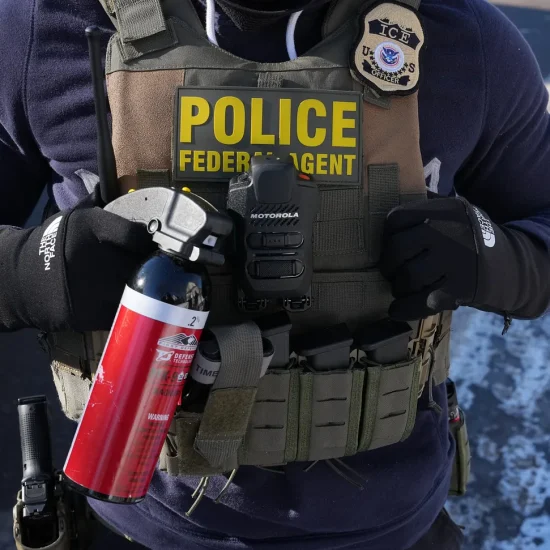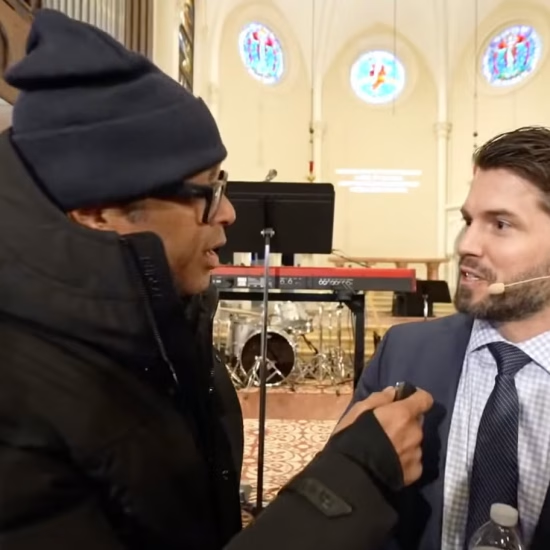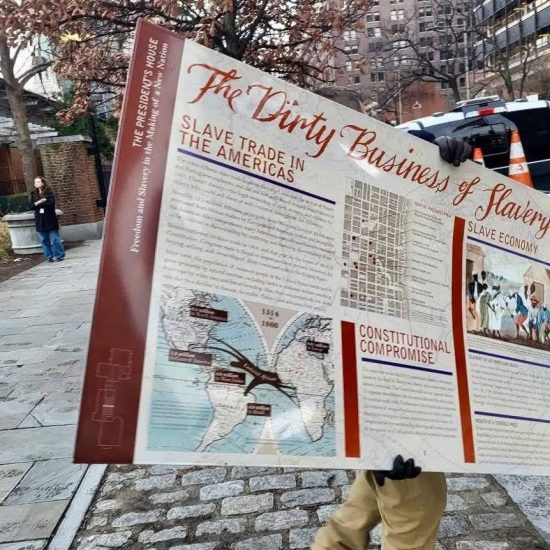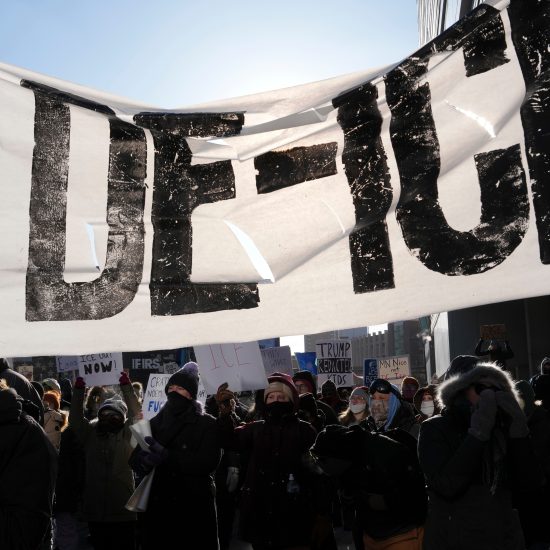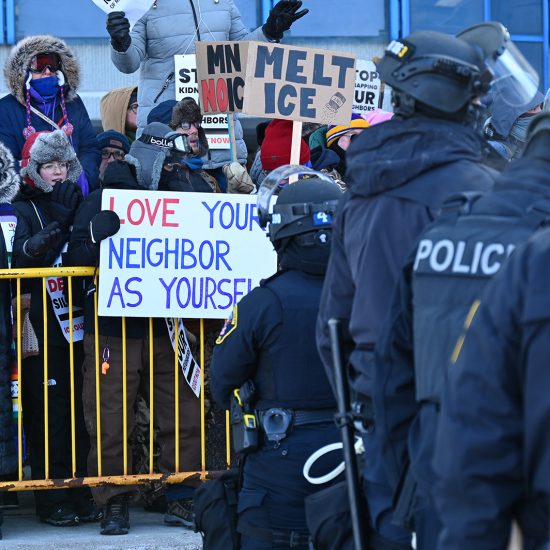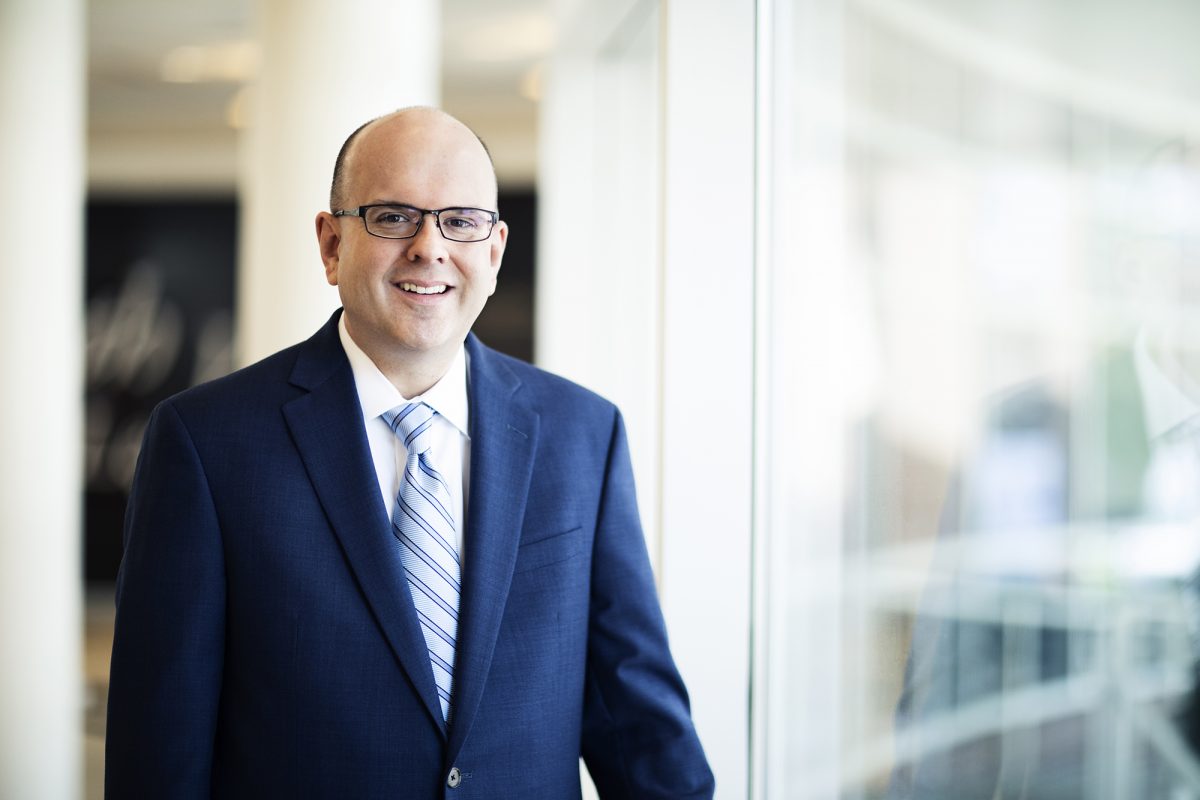
Adam W. Greenway, president of Southwestern Baptist Theological Seminary in Fort Worth, Texas, attacked Black Southern Baptists who took offense at a statement he endorsed that condemned Critical Race Theory as “incompatible with the Baptist Faith & Message.” In an open letter published on SWBTS’s website Tuesday (Dec. 22), he argued critics were “bearing false witness” and he suggested those critics were theologically deficient.
Greenway also doubled down on the statement released by all six presidents of Southern Baptist seminaries on Nov. 30. He added he “enthusiastically signed” the statement, which condemned CRT but didn’t actually explain how CRT was incompatible with the BFM 2000 or detail any problems with the decades-old broad social science perspective that scholars use in analyzing issues of race, power, and society.
CRT scholars particularly explore the role White Supremacy inherently plays in American society, and urge efforts to deconstruct institutional racism. This approach demythologizes American history to note the impact of slavery and other racial injustices embedded in legal, political, and even religious structures.
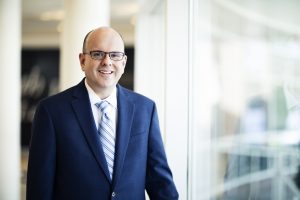
Adam Greenway (Baptist Press)
Although the earlier statement by the Council of Seminary Presidents denounced CRT, Greenway now claims critics wrongly suggested he and the others in the CSP intended to dismiss CRT and Intersectionality completely.
Greenway wrote that “in making the statement that affirmation of CRT/I is incongruent with the BFM, the CSP did not declare that CRT/I offers no insights at all, as some intellectually dishonest detractors have charged.”
But the statement by the presidents claimed that CRT was inherently “incompatible” with the BFM 2000, not that some parts of the framework are useful. Additionally, the attached individual statements by the presidents included wholesale denunciations of CRT as an “unbiblical ideology” and “a modern secular ideology.” Greenway himself at the time called CRT “antithetical to the Bible.”
In addition to now claiming that some CRT insights are useful and perhaps not necessarily incompatible with the BFM 2000, Greenway also attacked critics for being theologically wrong. He argued some critics “take some perverse delight” in SBC infighting “because they reject our convictional commitments.”
Greenway also claimed critics of the seminary presidents were responding based on feelings rather than reason.
“The CSP statement has been treated by some like a Rorschach test, where ultimate meaning is determined by the subjective experience of the recipient, not by the objective exposition of the statement,” he wrote. “A common refrain I have heard and read from critics has been, ‘In rejecting CRT/I, the CSP statement feels like a denial of systemic racism.’ I emphasize ‘feels like’ because those words are the crux of the criticism. Feelings and sentiments are undeniably visceral, but not unimpeachably veridical.”
Although Greenway makes much of the phrase “feels like” in the sentence he said he read a lot, a Google search found no previous use of that sentence online.
Greenway also pushed back against criticism leveled by Marshal Ausberry, pastor of Antioch Baptist Church in Fairfax Station, Virginia, president of the National African American Fellowship of the SBC, and first vice president of the SBC. Ausberry noted the problem of “six Anglo brothers meeting to discuss racism and other related issues without having ethnic representation in the room.”
But Greenway denied that experiences of Blacks could help him understand theological issues related to systemic racism. He instead insists that he can read and apply the Bible universally without gaining insights from other people’s context.
“Theologically, neither the life experiences of the six seminary presidents nor anyone else in any segment or subset of Southern Baptist life has any direct relationship to or doctrinal bearing on the compatibility or incompatibility of BFM affirmation and CRT/I affirmation,” he wrote. “The reason is straightforward enough: human experience neither determines nor falsifies biblical and theological truth.”
Besides declaring that he didn’t need to consider lived experiences of Black Southern Baptists who criticized the anti-CRT statement, Greenway also complained that the SBC had been hit with “the pejorative label of theological architects of American slavery.” He didn’t note in his open letter that the charge came from a Black Baptist pastor, Charlie Dates, who had actually been part of the SBC (until leaving because of the CRT statement).
Although Greenway took offense to the label, many early Southern Baptists leaders not only enslaved Black persons but also wrote theological justifications for slavery. In fact, Southern Baptist preacher Basil Manly Sr. gave the opening prayer for the Alabama Succession Convention and gave the invocation at the presidential inauguration of Confederate President Jefferson Davis. This helped earn Manly the title of “chaplain to the Confederacy,” though many other Southern Baptists also served as chaplains to the Confederates as they fought to preserve slavery.
Greenway’s own schools is still embedded in this slavery legacy with many of the streets next to the campus named for Southern Baptists who personally enslaved Blacks or fought in the Confederacy — like Broadus Street, Boyce Street, and Gambrell Street.
Just as Greenway attempted to dismiss the criticism of Dates, he also addressed a column by a Black Baptist pastor in Texas who similarly announced his plans to leave the SBC and withdraw from SWBTS. Greenway said he called Ralph West after seeing West’s column critical of the anti-CRT statement. Greenway didn’t claim West changed his mind but suggested that people should stop reading West, though Greenway didn’t say why.
“We mutually agreed it would have been better if our conversation would have occurred before rather than after the fact. And yet since our conversation, his op-ed has continued to circulate, being carried and cited by a number of media outlets, both Christian and secular,” Greenway wrote.
Greenway did, however, note he tried to talk West out of leaving SWBTS. And Greenway defended West from some who attacked the Houston pastor for speaking out.
“Regrettably, Pastor West has even been defamed as a ‘Marxist’ by some self-appointed defenders and definers of conservative Baptist orthodoxy,” Greenway wrote.

